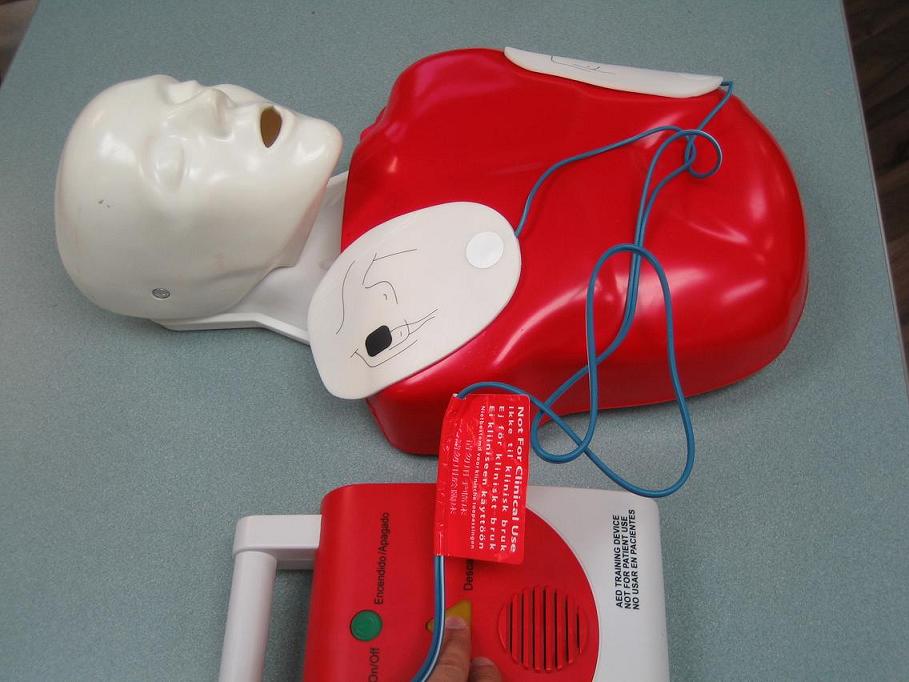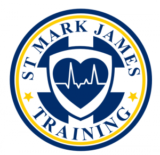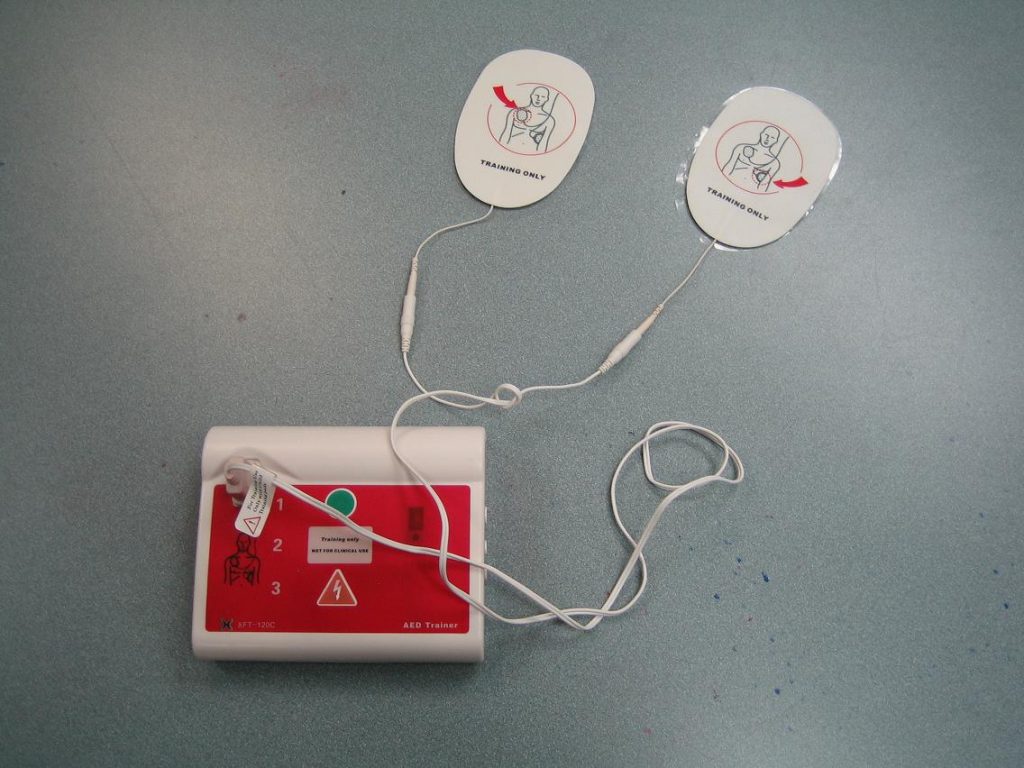After the collapse of a 16-year old Nova Scotia hockey player, a defibrillator was not used. Jordan Boyd had an undiagnosed heart condition.
Jordan Boyd collapsed around 10 minutes into the tryout for the Acadia-Bathurst Titan of the Quebec Major Junior Hockey League (QMJHL). He passed a full medical exam leading up to the camp, but the QMJHL did not require cardiac exams as part of the medical exam. Based on an autopsy, it revealed that Boyd had an underlying heart condition known as arrhythmogenic right ventricular cardiomyopathy.
Unforeseen collapse
Based on the initial details provided by the dispatcher, the emergency was treated as a fainting incident. After 3 minutes, it was changed to cardiac arrest after the dispatcher asked if Jordan was breathing. The caller stated that the team’s athletic therapist was starting CPR.
The dispatcher asked if there was an AED. The dispatcher could hear the caller asking a bystander to obtain the AED.
The paramedics who arrived at the scene reported not seeing an AED being used or readied for use.
According to Ambulance New Brunswick, upon arrival of the paramedics more than 5 minutes after he dropped, they assessed the team’s delivery of CPR as ineffective. Boyd was declared dead in a healthcare facility a short time later.
Timely use of AED is vital
The paramedics reported that Jordan was still wearing his jersey and chest protector. They were concerned effective CPR was not performed by the team staff.
The paramedics cut through the gear and performed another 2 minutes of chest compressions before using the defibrillator, delivering the initial shock.

In all, more than 10 minutes has passed before Jorden was given a shock which was 6 minutes too late for the AED’s best chances to save a life.
There is no guarantee an AED will always save a life. Nevertheless, studies show that the first 5 minutes offer the best chances for success.
Be ready to save a life by enrolling in a first aid course
Prompt delivery of cardiopulmonary resuscitation (CPR) and using an automated external defibrillator (AED) can save a life. If you want to be prepared during emergencies, it is recommended to enroll in a first aid course today.
For more information about this story, click here.
LEARN MORE
Learn how to help by enrolling in a first aid course and for more information, check out these sources:
https://www.healthline.com/health/first-aid/cpr

